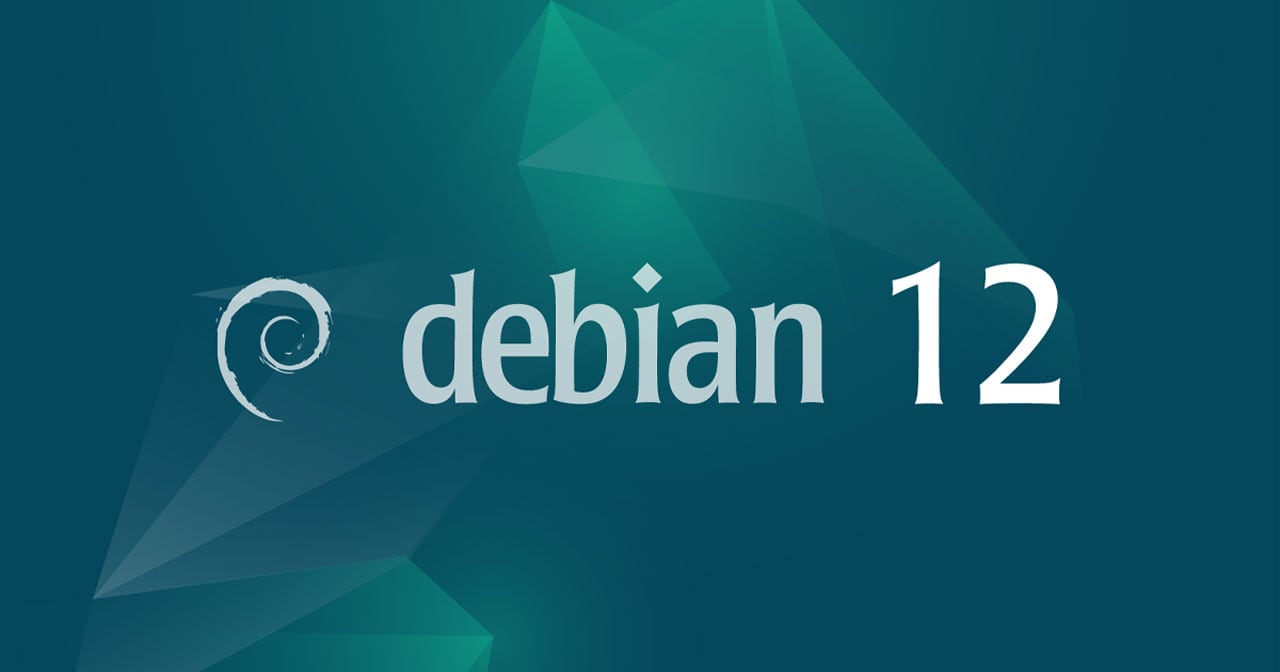As one of the most popular open-source database management systems, MySQL continues to power countless applications worldwide. The release of MySQL 8.4 brings performance enhancements, advanced features, and improved security, making it a valuable upgrade for database administrators. If you’re running your database on Debian 12, this guide will walk you through everything you need to know about upgrading to MySQL 8.4 smoothly and efficiently.
Why Upgrade to MySQL 8.4?
Before diving into the upgrade process, let’s understand why MySQL 8.4 is worth your time:
- Performance Boost: Significant optimizations enhance query execution and indexing.
- Improved JSON Functions: Better handling of JSON data types for modern applications.
- Enhanced Security: New encryption and authentication methods ensure robust data protection.
- Flexible Data Types: Support for more advanced data structures.
- Backward Compatibility: MySQL 8.4 retains compatibility with most older versions, minimizing potential disruptions during upgrades.
If you’re running an earlier version, such as MySQL 8.0, upgrading to MySQL 8.4 can unlock these benefits while keeping your database secure and optimized.
Preparing for the Upgrade
Upgrading to MySQL 8.4 on Debian 12 requires careful preparation to ensure a seamless process. Here’s what you need to do:
1. Backup Your Data
Before making any changes, back up your databases using the mysqldump utility or another backup solution. This ensures you can restore your data if something goes wrong.
bashCopy codemysqldump -u root -p --all-databases > all_databases_backup.sql
2. Update Your System
Ensure your Debian 12 system is fully updated. Run the following commands:
bashCopy codesudo apt update
sudo apt upgrade
3. Check Compatibility
Review your current MySQL configuration and data for compatibility with MySQL 8.4. Pay attention to deprecated features or settings that may no longer work.
Upgrading MySQL 8.4 on Debian 12
Step 1: Add MySQL Repository
Debian 12 does not come with the latest MySQL version in its default repositories. You’ll need to add the MySQL APT repository:
bashCopy codewget https://dev.mysql.com/get/mysql-apt-config_0.8.22-1_all.deb
sudo dpkg -i mysql-apt-config_0.8.22-1_all.deb
sudo apt update
Step 2: Install MySQL 8.4
Once the repository is configured, install MySQL 8.4 using the following command:
bashCopy codesudo apt install mysql-server
This process will automatically upgrade your existing MySQL installation to version 8.4.
Verifying the Installation
After completing the upgrade, verify that MySQL 8.4 is running correctly:
bashCopy codemysql --version
If successful, the output should display MySQL 8.4.x.
Key Considerations When Upgrading
1. Configurations
Check the my.cnf configuration file and update any deprecated settings. The new MySQL version might ignore or reject outdated parameters.
2. Post-Upgrade Tests
Run thorough tests on your applications to ensure they work seamlessly with MySQL 8.4. Look for performance changes and query compatibility issues.
3. Security Enhancements
Enable new security features introduced in MySQL 8.4, such as enhanced authentication plugins and encryption options.
Debian 12 Download and Installation
If you’re not already running Debian 12, you’ll need to upgrade or install it before upgrading to MySQL 8.4. To download the latest ISO, visit the official Debian website and choose the appropriate version for your system. Installing Debian 12 is straightforward, and its stability makes it an excellent choice for database hosting.
For a step-by-step installation guide, refer to resources that cover how to Install MySQL 8.4 on Debian 12 alongside a fresh Debian 12 installation.
Troubleshooting Common Issues
Problem 1: Upgrade Fails Due to Dependency Issues
Ensure all dependencies are resolved by running:
bashCopy codesudo apt --fix-broken install
Problem 2: MySQL Service Won’t Start
Check the service status:
bashCopy codesudo systemctl status mysql
If issues persist, review the error logs located in /var/log/mysql/.
Conclusion
Upgrading to MySQL 8.4 on Debian 12 is a worthwhile investment for anyone looking to improve database performance, security, and functionality. With proper preparation, the upgrade process is straightforward and minimizes the risk of downtime.
Whether you’re managing a production server or testing in a development environment, Debian 12 provides the perfect foundation for MySQL 8.4 to thrive. Don’t forget to take advantage of the latest features and improvements this version brings to ensure your databases remain efficient and secure.
Make the leap today and future-proof your database infrastructure!




